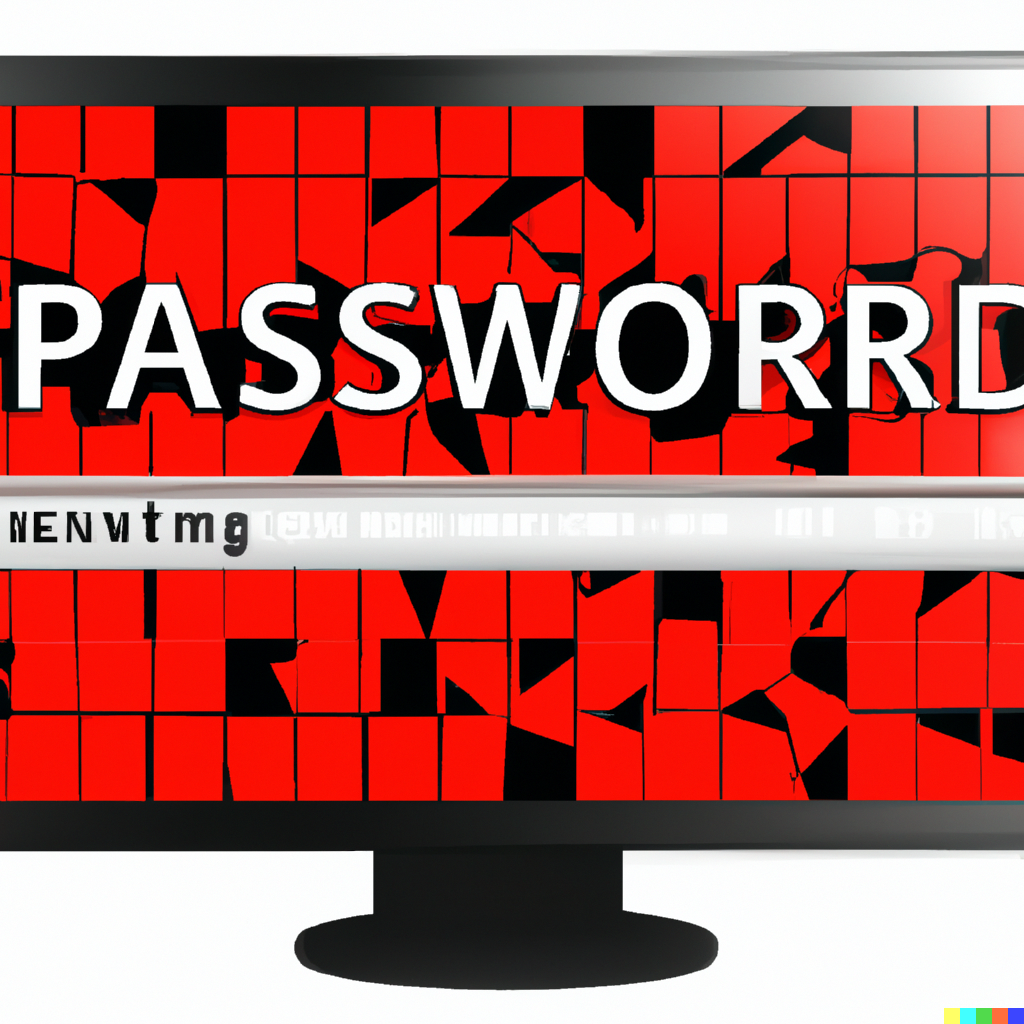
Introduction to Password Cracking
Password cracking is the process of attempting to gain unauthorized access to restricted systems using common passwords or algorithms that guess passwords. Ethical hackers use password cracking techniques to identify vulnerabilities in a system, while malicious hackers may use these techniques for nefarious purposes.
Common Password Cracking Techniques
There are several methods that hackers use to crack passwords. Some of the most common techniques include:
- Brute Force: Trying every possible combination until the correct one is found.
- Dictionary Attack: Using a list of commonly used passwords and trying each one.
- Rainbow Table Attack: Using precomputed tables to find the password hash.
- Phishing: Tricking users into revealing their passwords.
- Keylogger: Recording the user's keystrokes to capture their password.
Tools Used for Password Cracking
Several tools are available for password cracking, each designed for specific techniques. Some popular tools include:
- John the Ripper: One of the most popular password cracking tools, it supports various hashing algorithms.
- Hydra: A fast and flexible password cracking tool.
- Hashcat: World's fastest and most advanced password recovery utility.
- Medusa: Parallel and modular login brute-forcer.
Using John the Ripper
John the Ripper is a powerful tool for cracking passwords. Here's a basic example of how to use it:
john --format=descrypt --wordlist=password.lst hashfile
Using Hydra
Hydra is a parallelized login cracker. Here's how to use it for SSH brute-forcing:
hydra -l username -P password.lst ssh://192.168.x.x
Prevention Measures Against Password Cracking
It's essential to take measures to prevent unauthorized password cracking. Some effective strategies include:
- Using strong, unique passwords.
- Enabling two-factor authentication.
- Regularly updating and patching systems.
- Monitoring login attempts and setting up alerts for suspicious activities.
- Training employees about the dangers of phishing and other social engineering attacks.
Conclusion
Password cracking is a critical topic in cybersecurity. While it can be used maliciously, understanding these techniques is essential for professionals to protect systems and data. Always practice ethical hacking and ensure you have permission before attempting to crack passwords on any system.